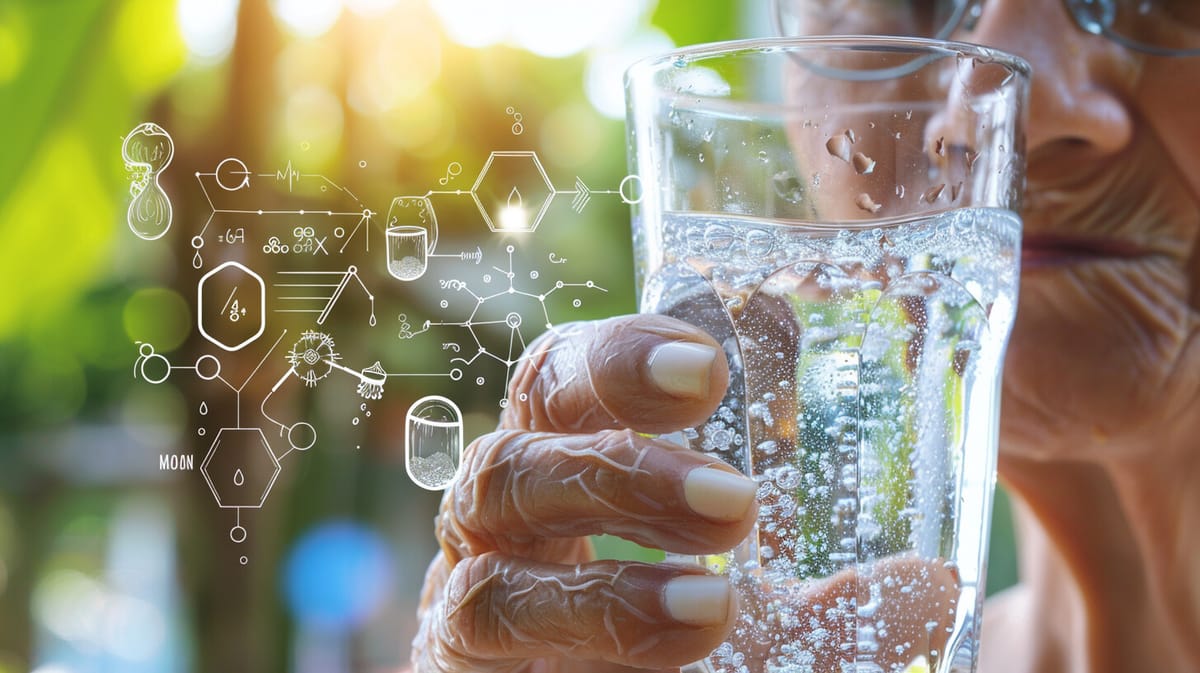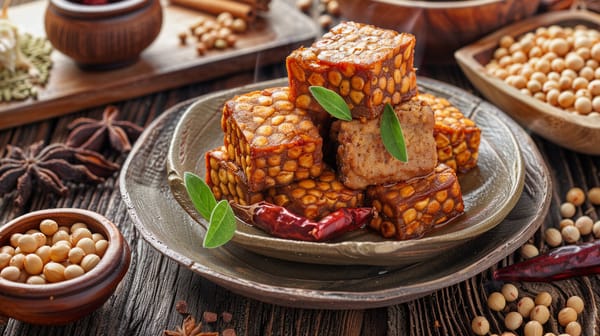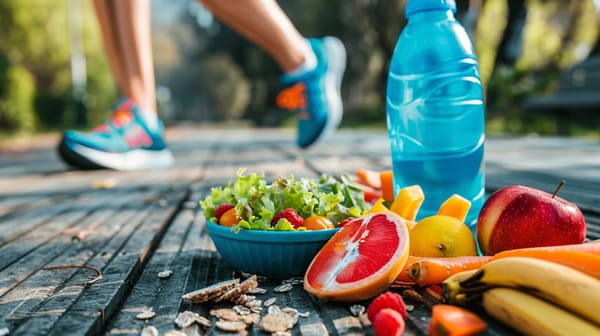The Truth Behind the Skin Pinch Test: Is It an Accurate Hydration Detector?

Understanding the science of hydration is crucial for maintaining your health. One trending method that has attracted attention is the skin pinch test. This simple test involves pinching the skin around your knuckle and observing how quickly it returns to normal. If the skin snaps back immediately, you are considered hydrated. If it remains pinched, it indicates possible dehydration. But how reliable is this method?
The Science of Hydration and Skin Elasticity
Hydration affects the elasticity of the skin. Well-hydrated skin tends to be more elastic and reverts back to its normal state quickly after being stretched or pinched. This characteristic forms the basis of the skin pinch test. However, the placement and method matter. Clinical tests for hydration usually involve areas like the upper hand or under the collar bone, not the fingers, as the skin's elasticity can vary across different body parts.
Limitations of the Skin Pinch Test
While the skin pinch test is easy and can be performed anywhere without any tools, its accuracy is questionable. The skin's elasticity is not only influenced by hydration but also by factors such as age, overall skin health, and even recent exposure to moisture. Therefore, relying solely on this test to determine hydration levels can be misleading.
Reliable Indicators of Dehydration
More reliable indicators of dehydration include dry mouth, strong-smelling urine, fatigue, excessive thirst, and reduced frequency of urination. These signs are usually more consistent with hydration levels compared to the temporary state of your skin. In cases where chronic dehydration is suspected, consulting with a healthcare provider is recommended.
Effective Hydration Tips
- Measurement and Awareness: Keeping track of water intake throughout the day helps maintain hydration. Aiming for 11.5 to 15.5 cups per day, depending on your gender, can keep you adequately hydrated.
- Incorporate into Routine: Adding water intake to existing habits can improve regularity. For example, drinking a full glass of water with each meal can effortlessly increase your hydration.
- Diversify Your Options: If plain water is unappealing, alternatives like herbal teas, flavored water, or coconut water can also contribute to your hydration.
- Hydrate Through Food: Consuming foods with high water content such as fruits, vegetables, and soups can also help maintain fluid balance.
Improved Hydration for Better Health
Enhancing your hydration practices can vastly improve your health and well-being. Regularly monitoring your intake and recognizing the signs of dehydration are vital. Remember, while the skin pinch test might give a quick indication, it should not be solely relied upon to gauge your body's hydration status. Always consider more reliable methods and consult health professionals when necessary.
By understanding the science of hydration and using effective strategies, you can ensure that your body remains well-hydrated and functioning optimally.




